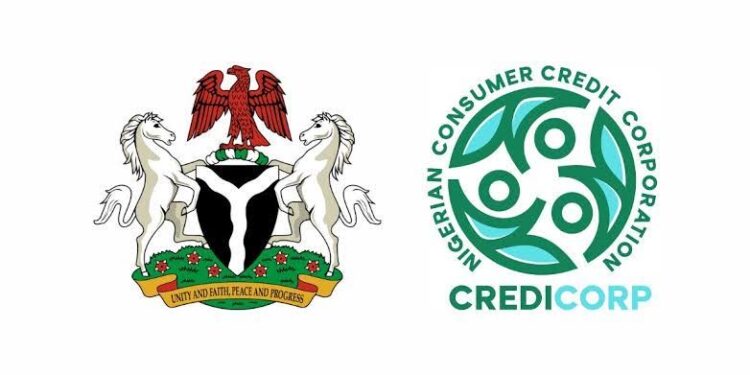President Bola Tinubu recently approved the launch of the first phase of the Consumer Credit Scheme in Nigeria, a programme designed to offer credit facilities to working citizens in the country.
Following the President’s directive to enhance access to consumer credit for Nigerians, The Nigeria Consumer Credit Corporation (CREDICORP) has introduced a portal where Nigerians can indicate their interest in obtaining consumer credit.
CREDICORP is a federally-owned entity with a clear goal to boost consumer credit availability to 50% of Nigeria’s working population by 2030.
The launch of this initiative was announced in a statement by the President’s special adviser on media and publicity, Ajuri Ngelale.
According to the statement, the initiative would be implemented in stages, beginning with Federal civil service employees and then extending to the general public.
About the initiative
Here are 7 facts to know about the initiative:
- To grant access to consumer credit for all eligible Nigerians, ultimately catalysing the entire industry.
- Focused on unifying, standardizing and democratizing credit registry and credit scores in Nigeria, with NIN as the singular identifier
- Addresses structural impediments to consumer credit in Nigeria and energizes the market through capital infusion.
- Removes structural, market and policy barriers, and accelerates access to consumer credit to 50% of all working Nigerians, by 2030.
- The initiative will be rolled out rapidly but in phases. The first phase will take off in May 2024 with Federal civil servants, state civil servants and white collar workers, and informal workers (gig economy) with traceable cash flows. The second phase will kick off in May 2025 for the general public..
- Provides credit guarantee to financial institutions to accelerate people-centred credit products and also incentivize the purchase of locally-manufactured goods and services.
- CrediCorp, with its consumer credit guarantee fund, collaborates with the Central Bank of Nigeria, financial institutions, identity management services, credit registries, fintech companies, consumer protection agencies, and policymakers to fulfil its mission.





































 nairametrics.com
nairametrics.com












